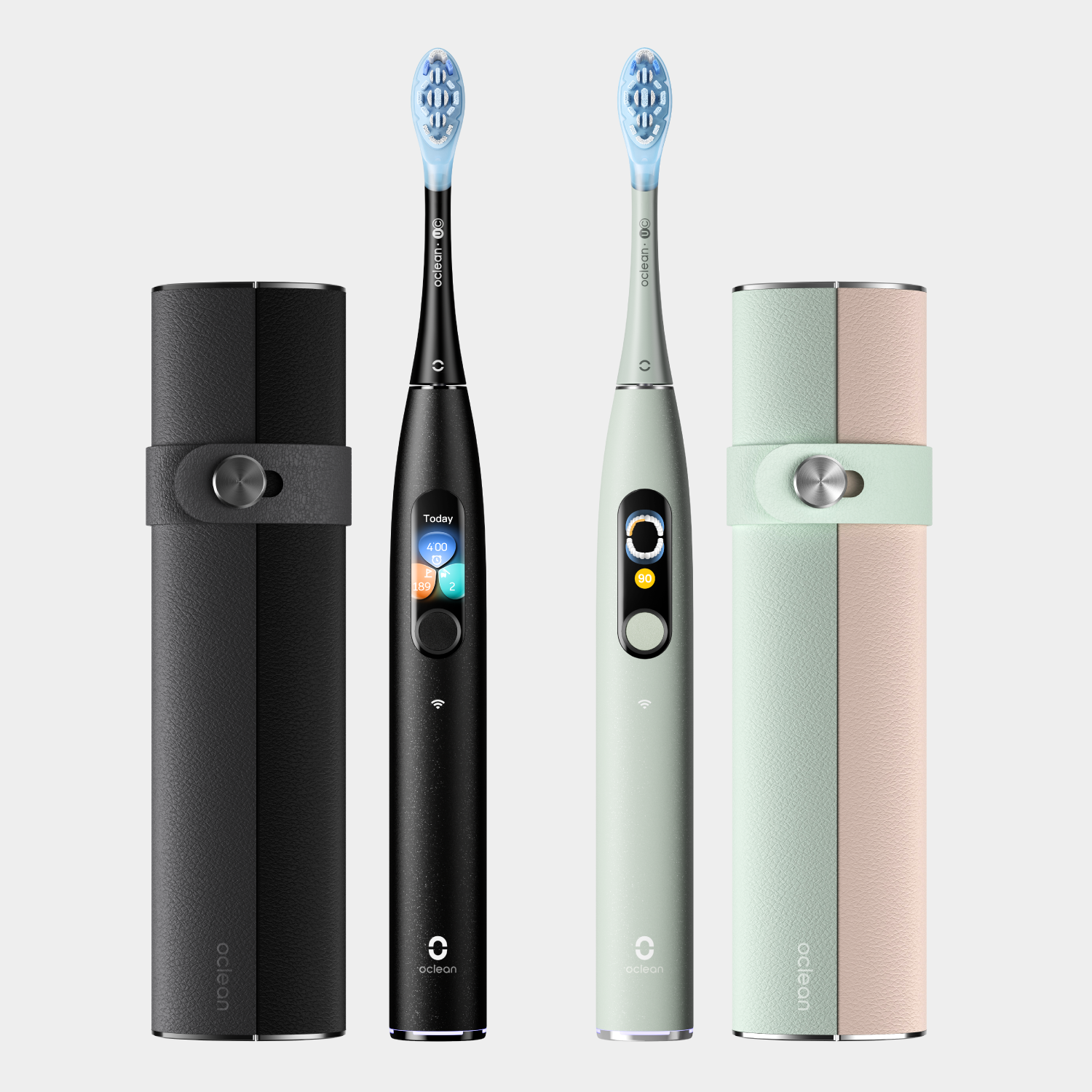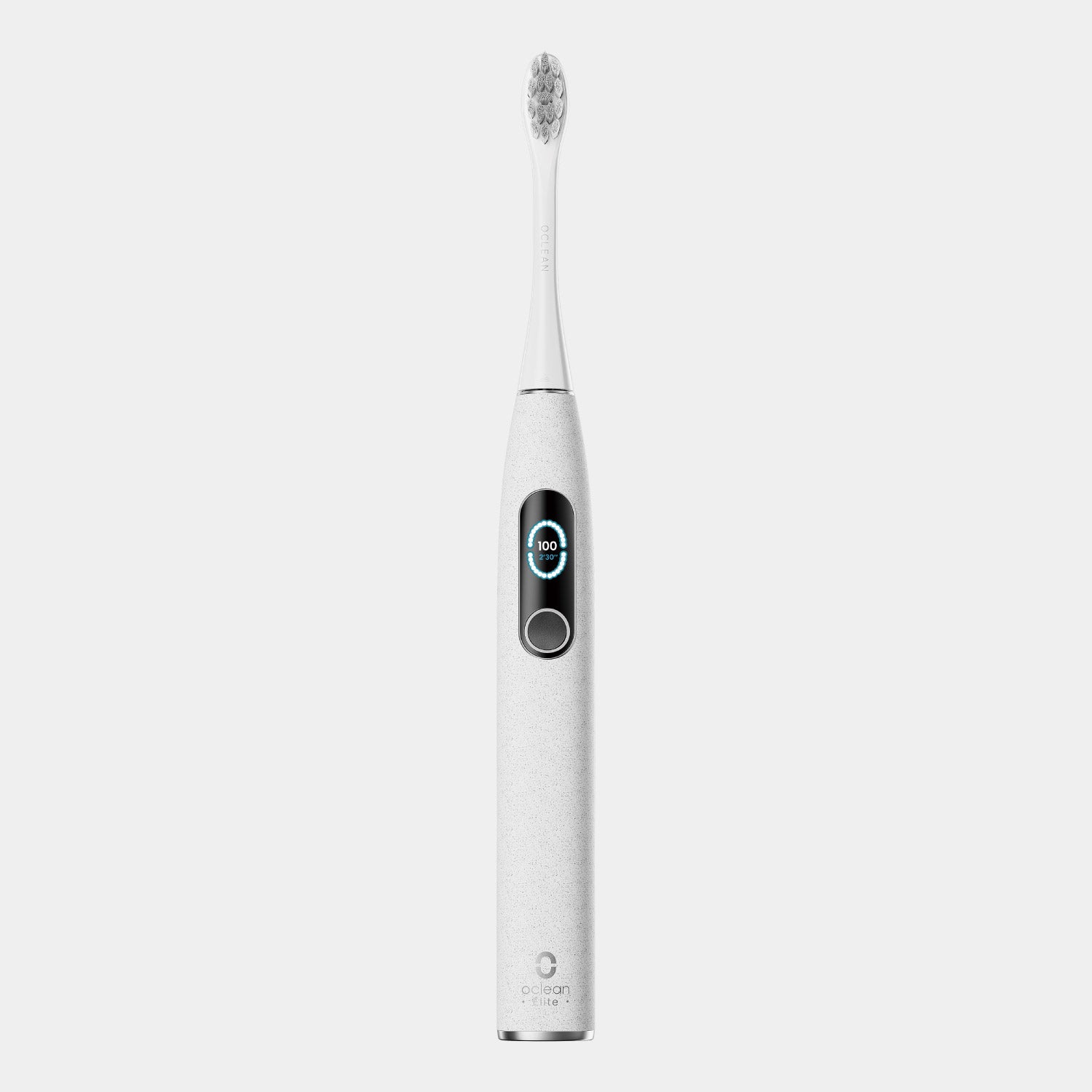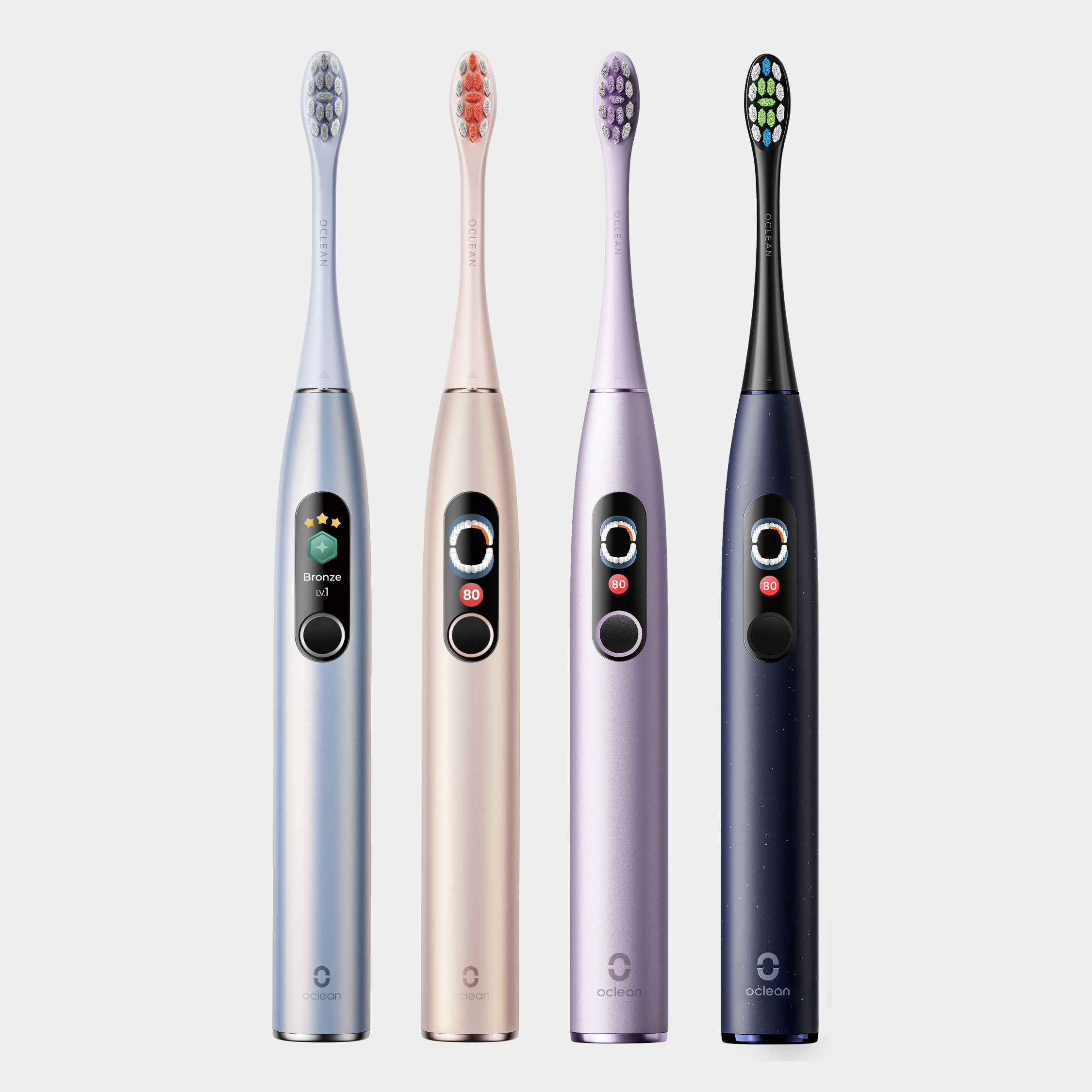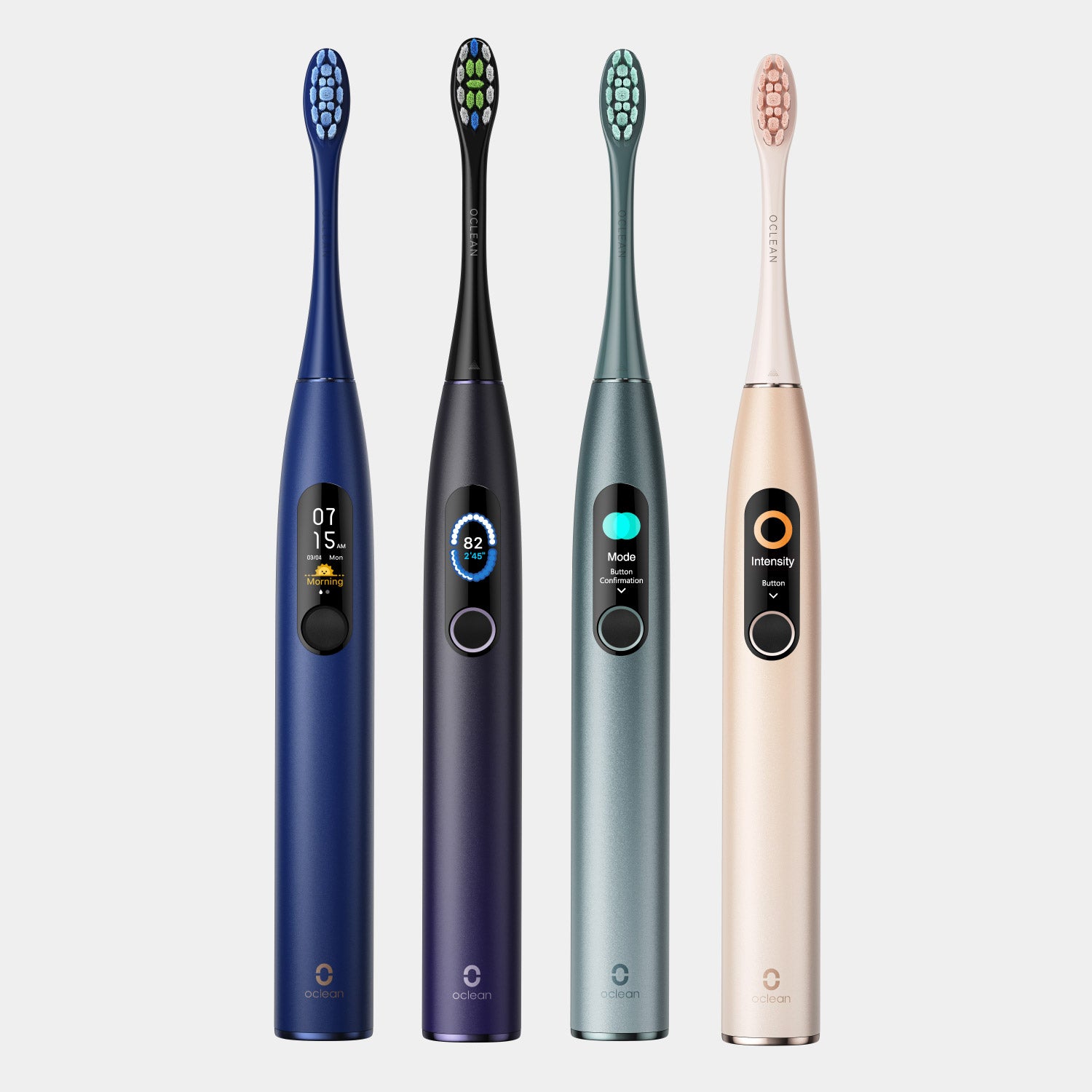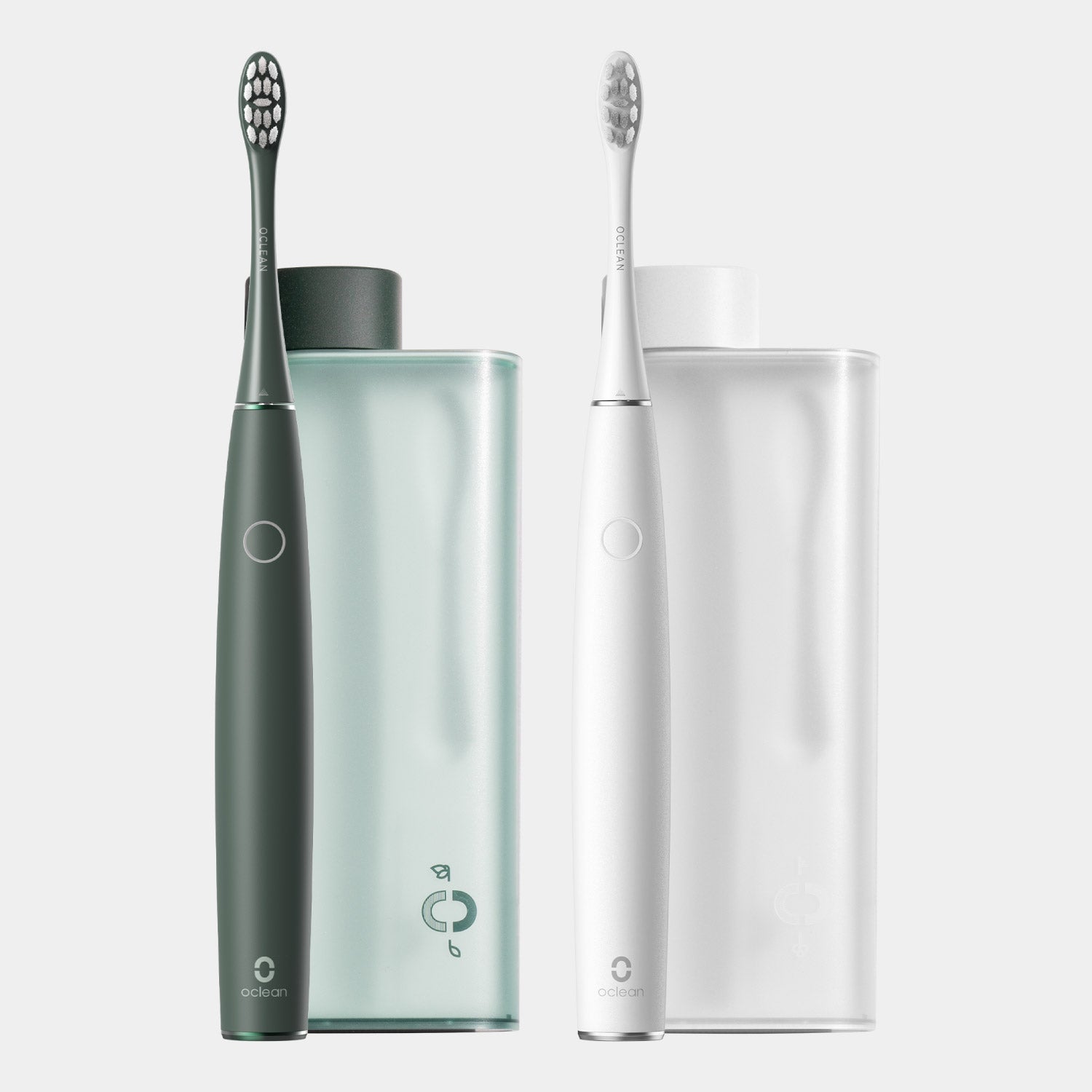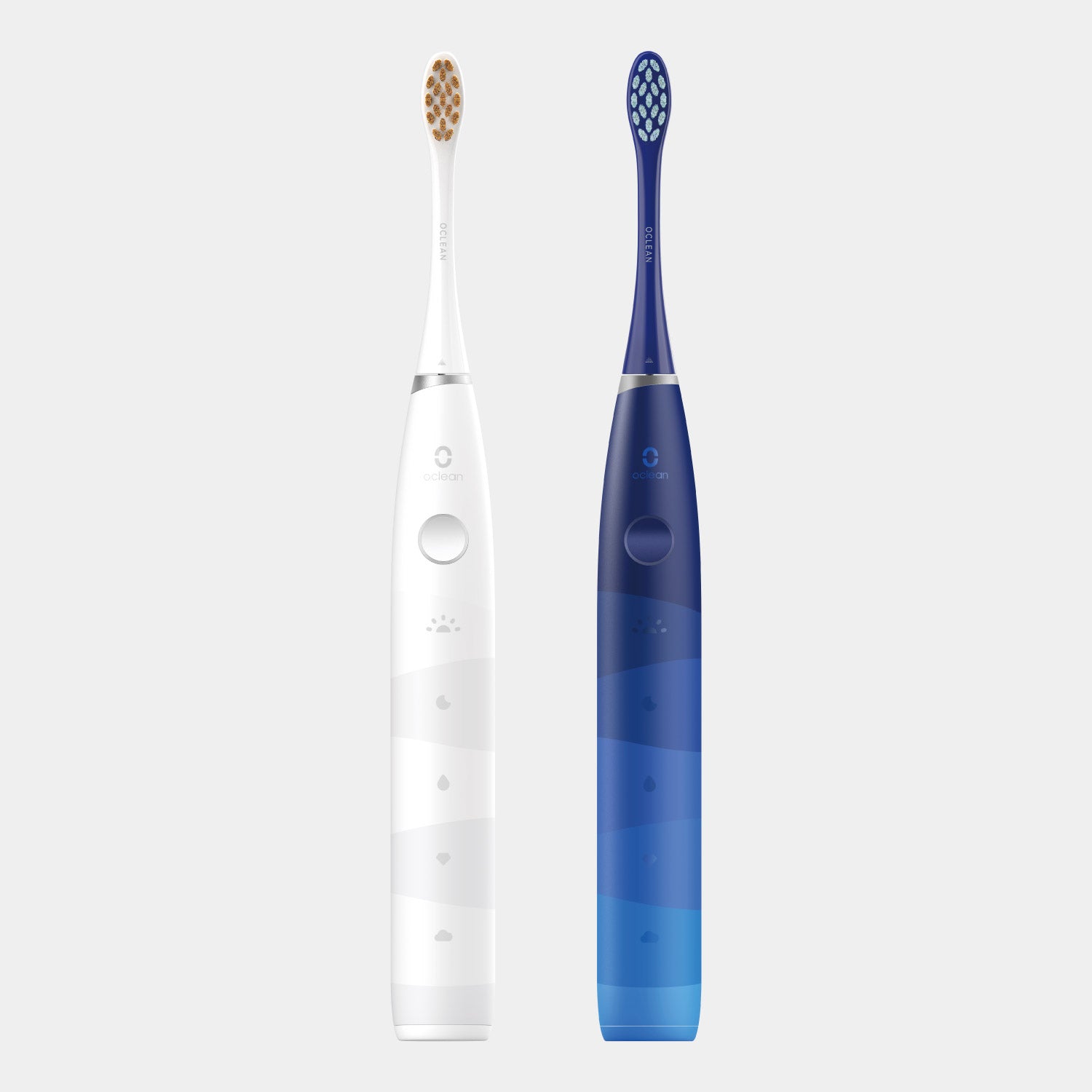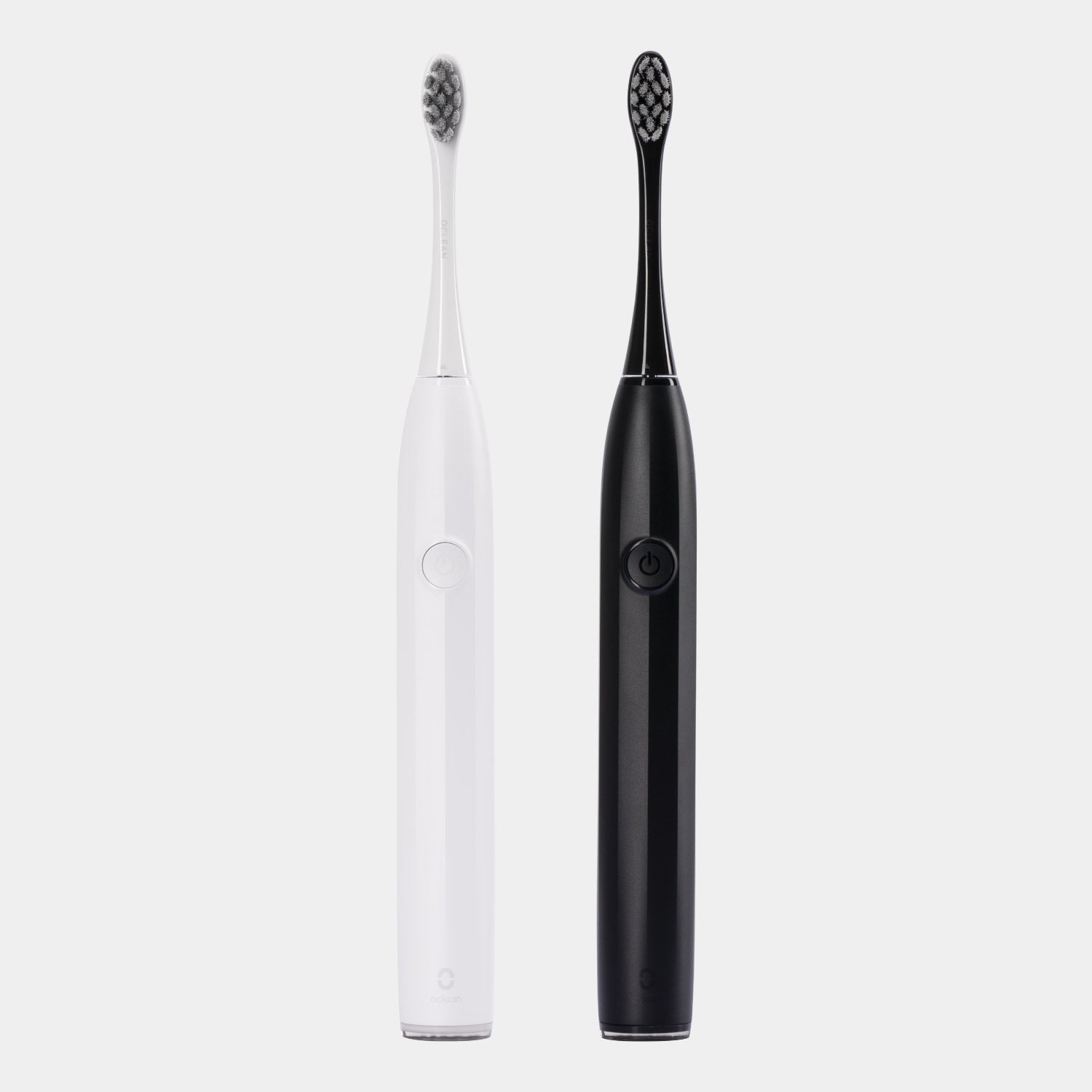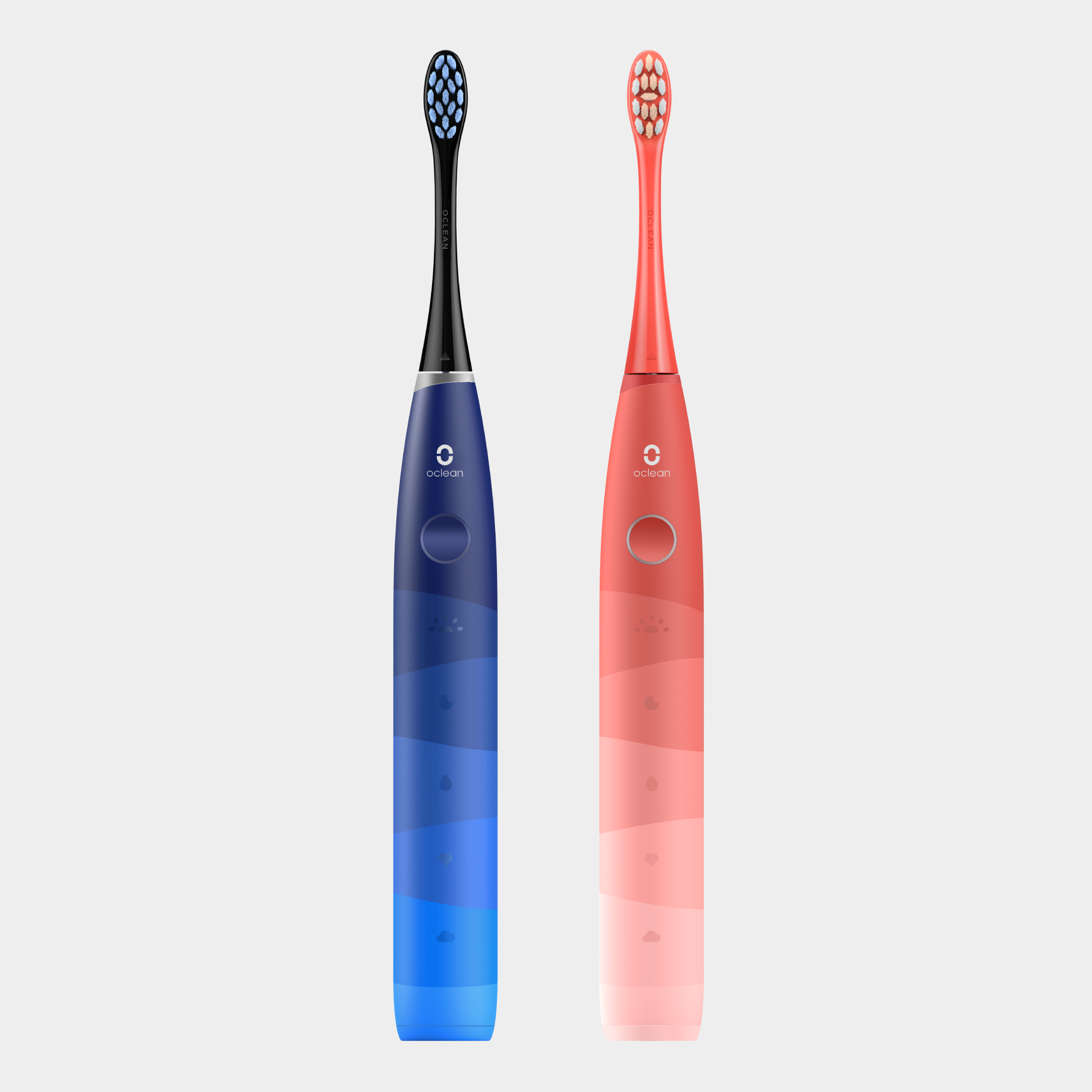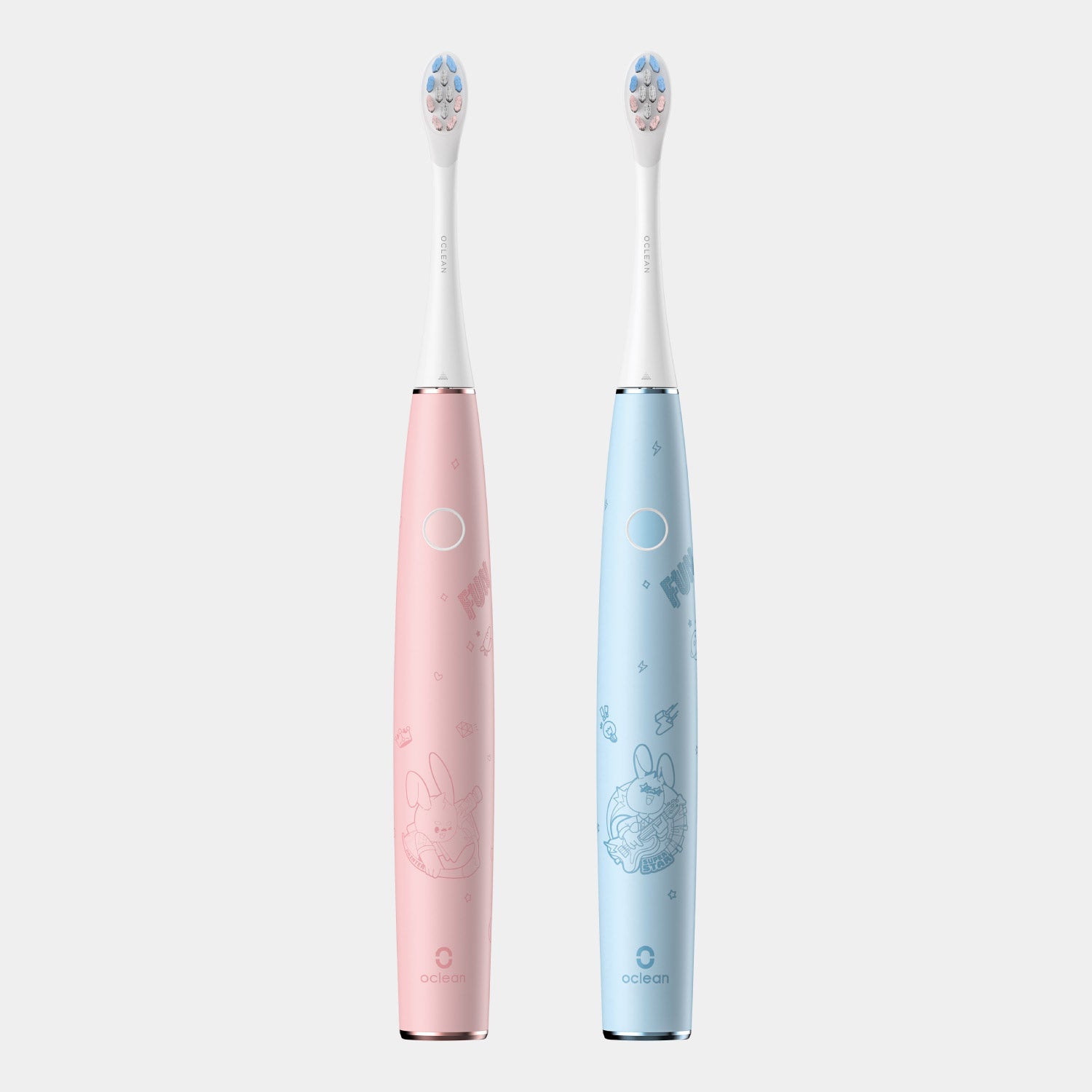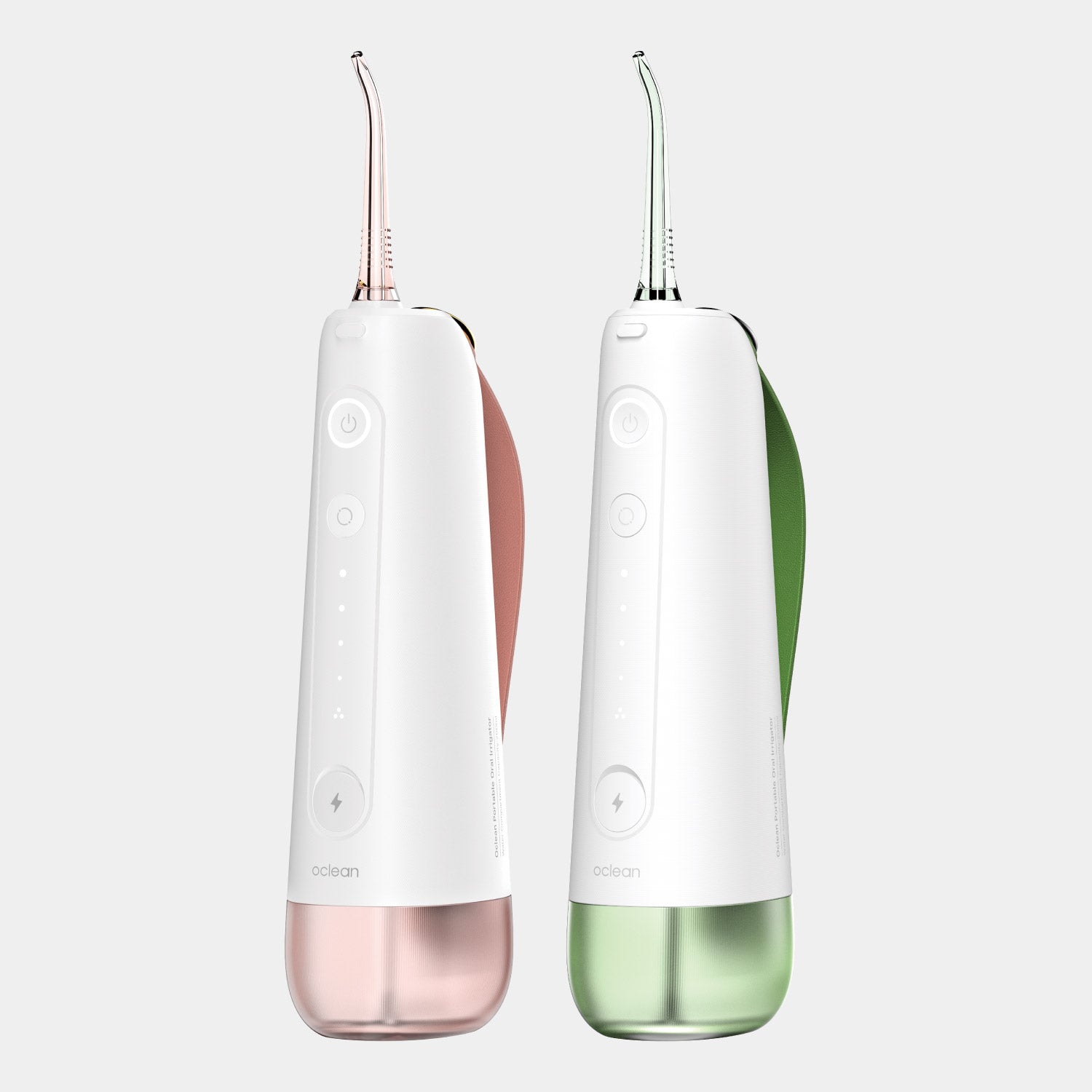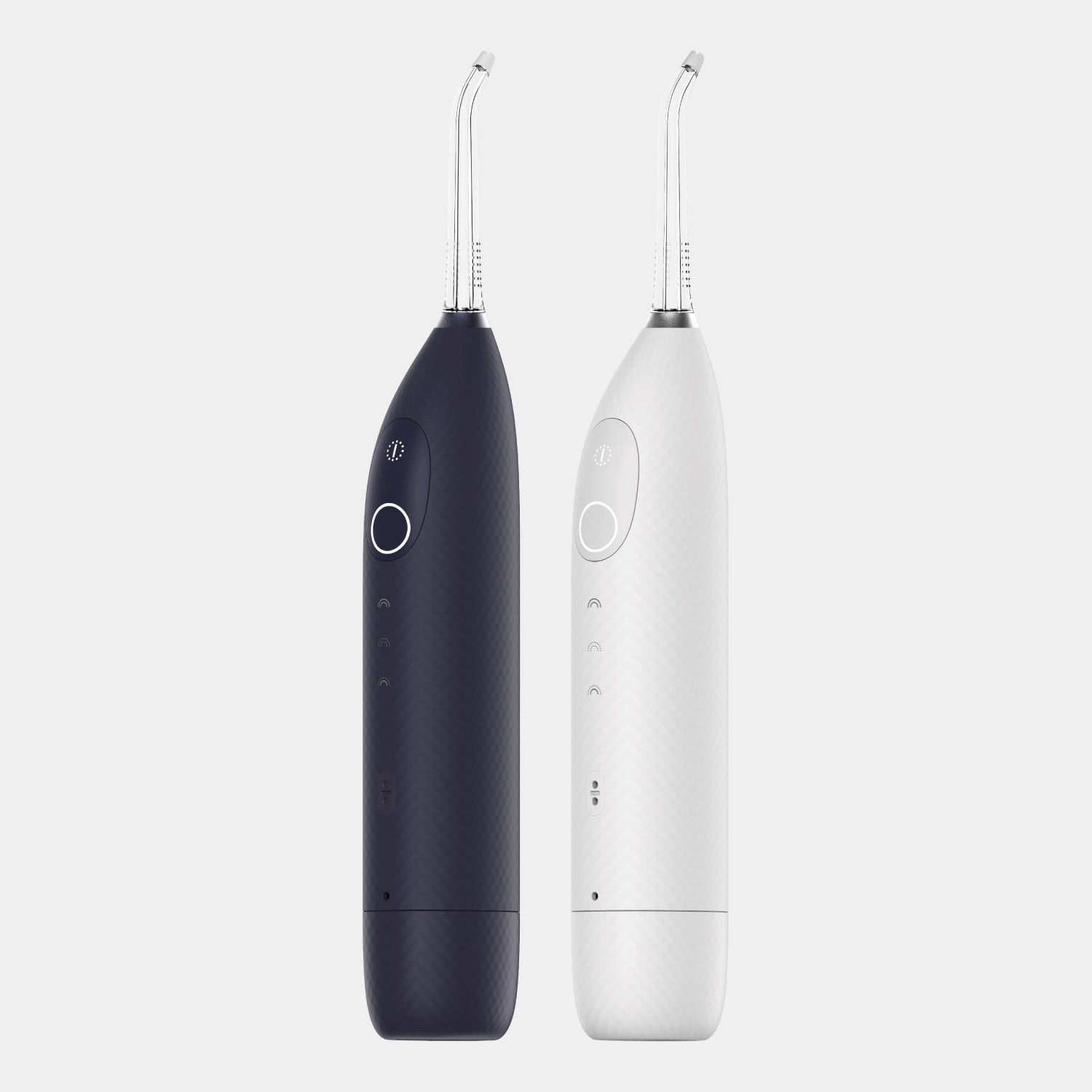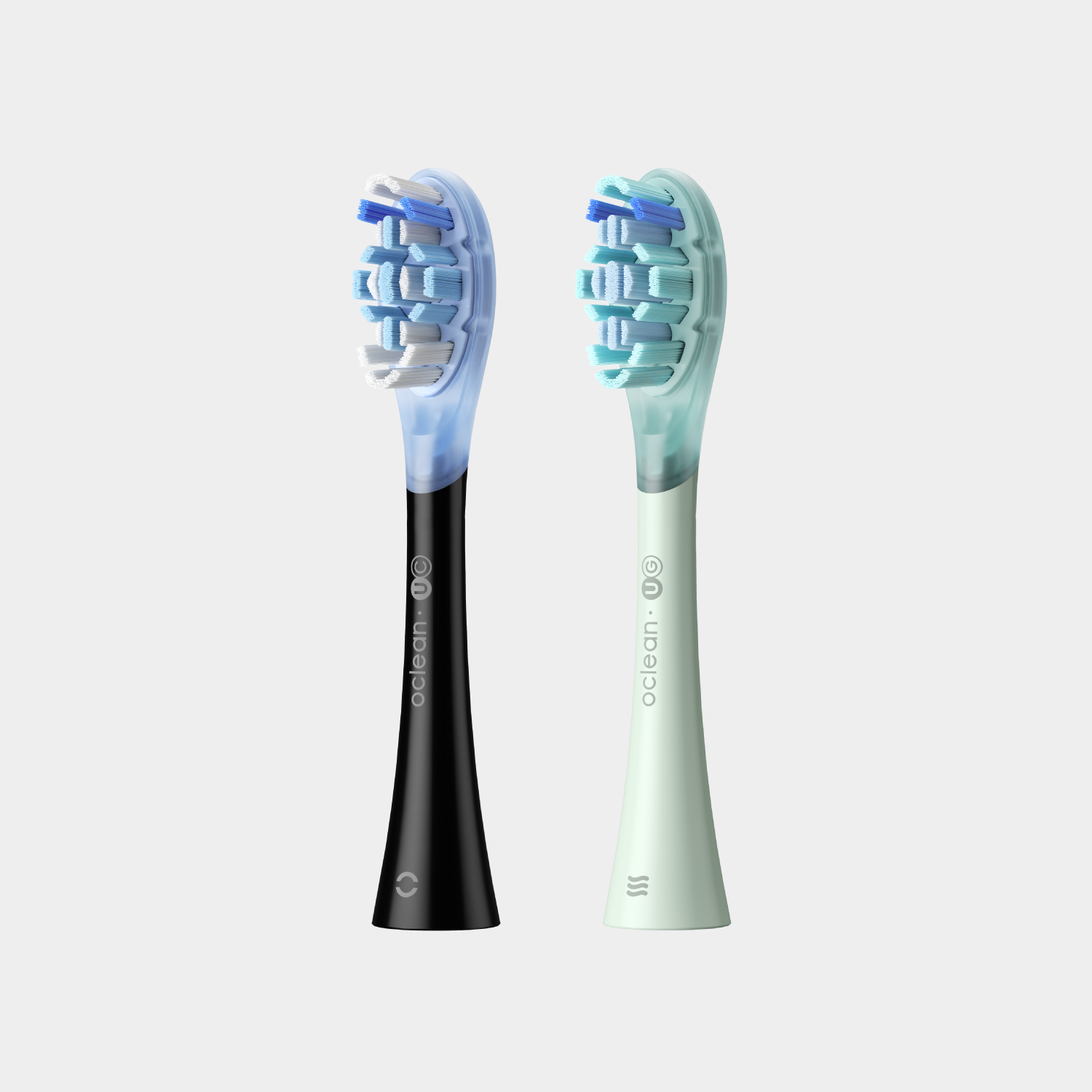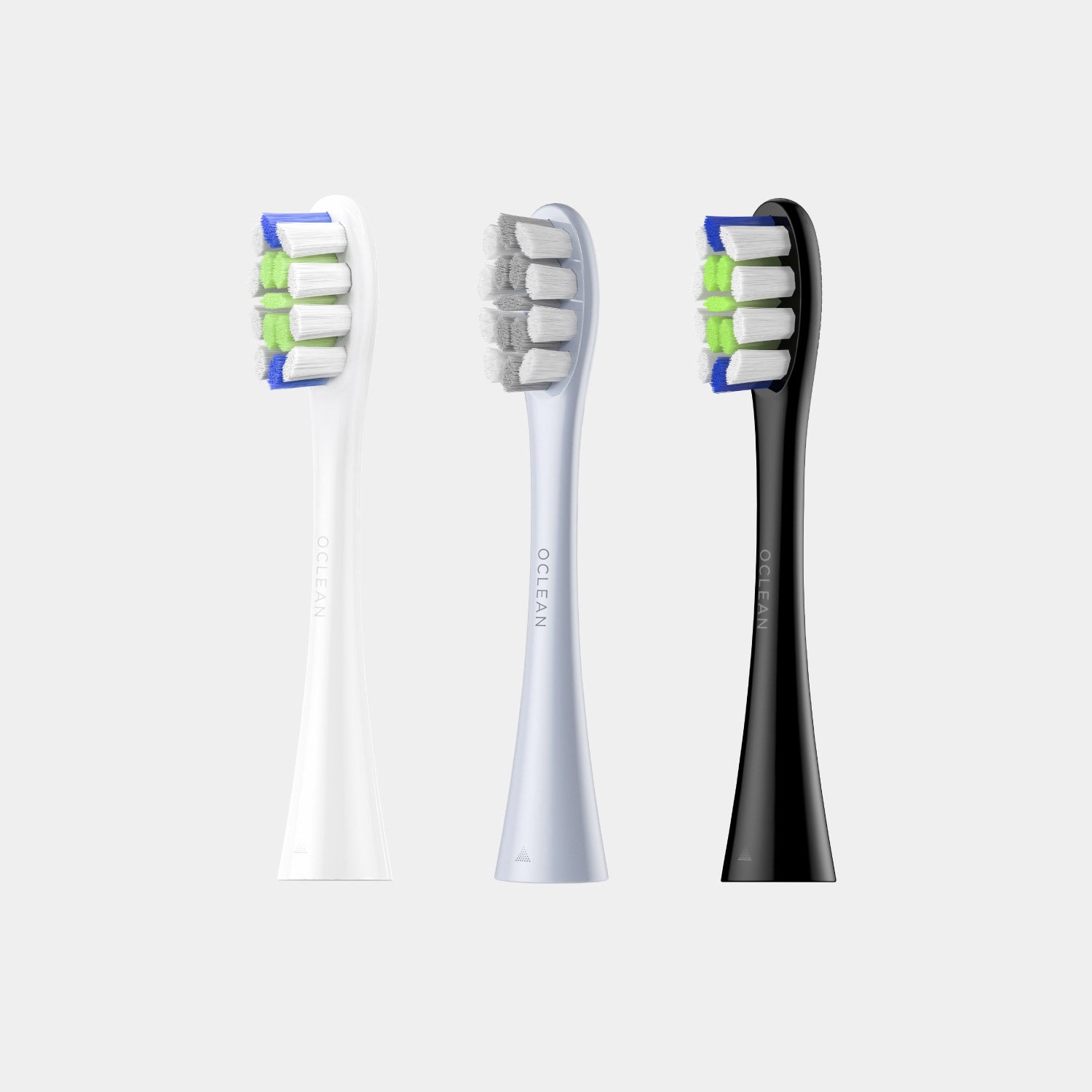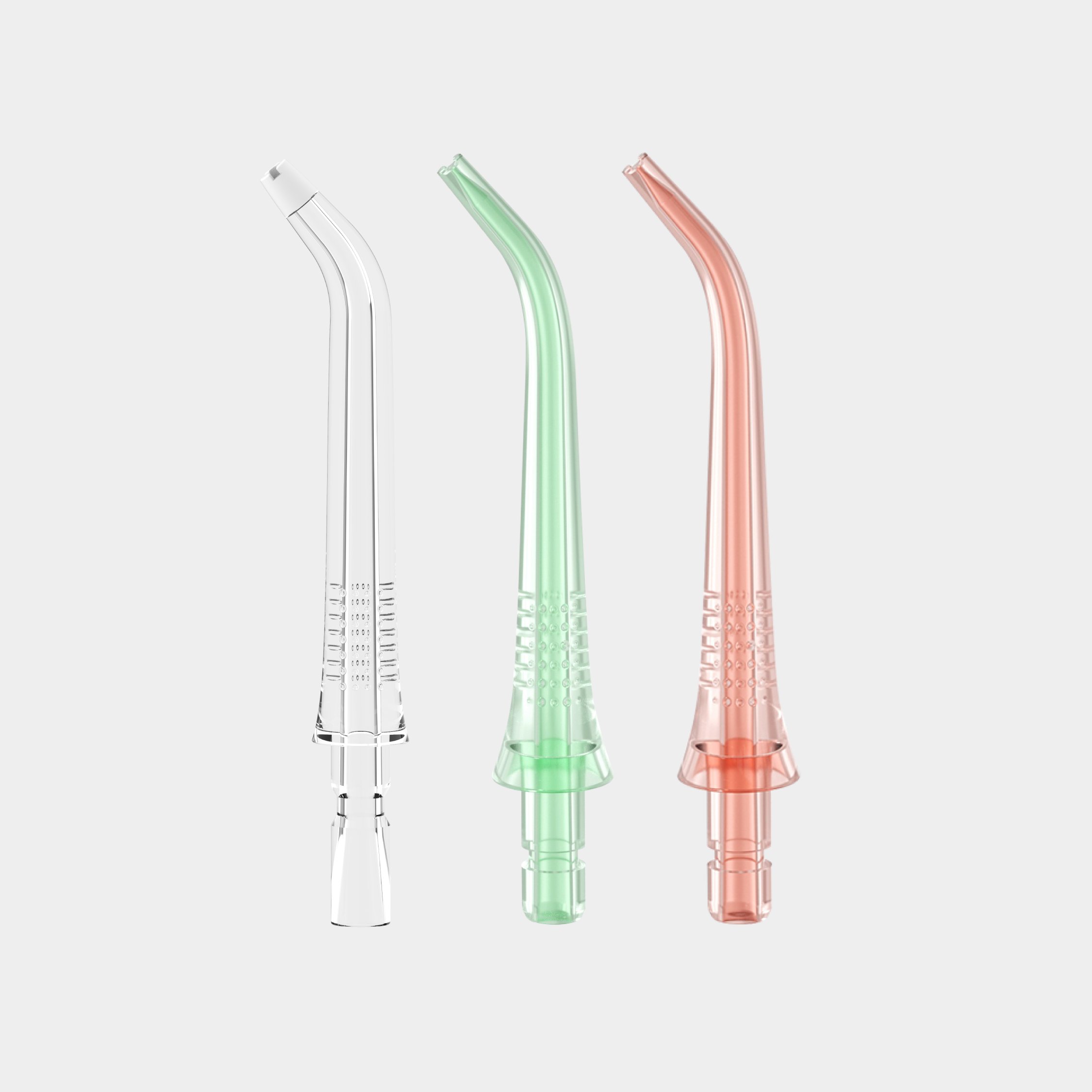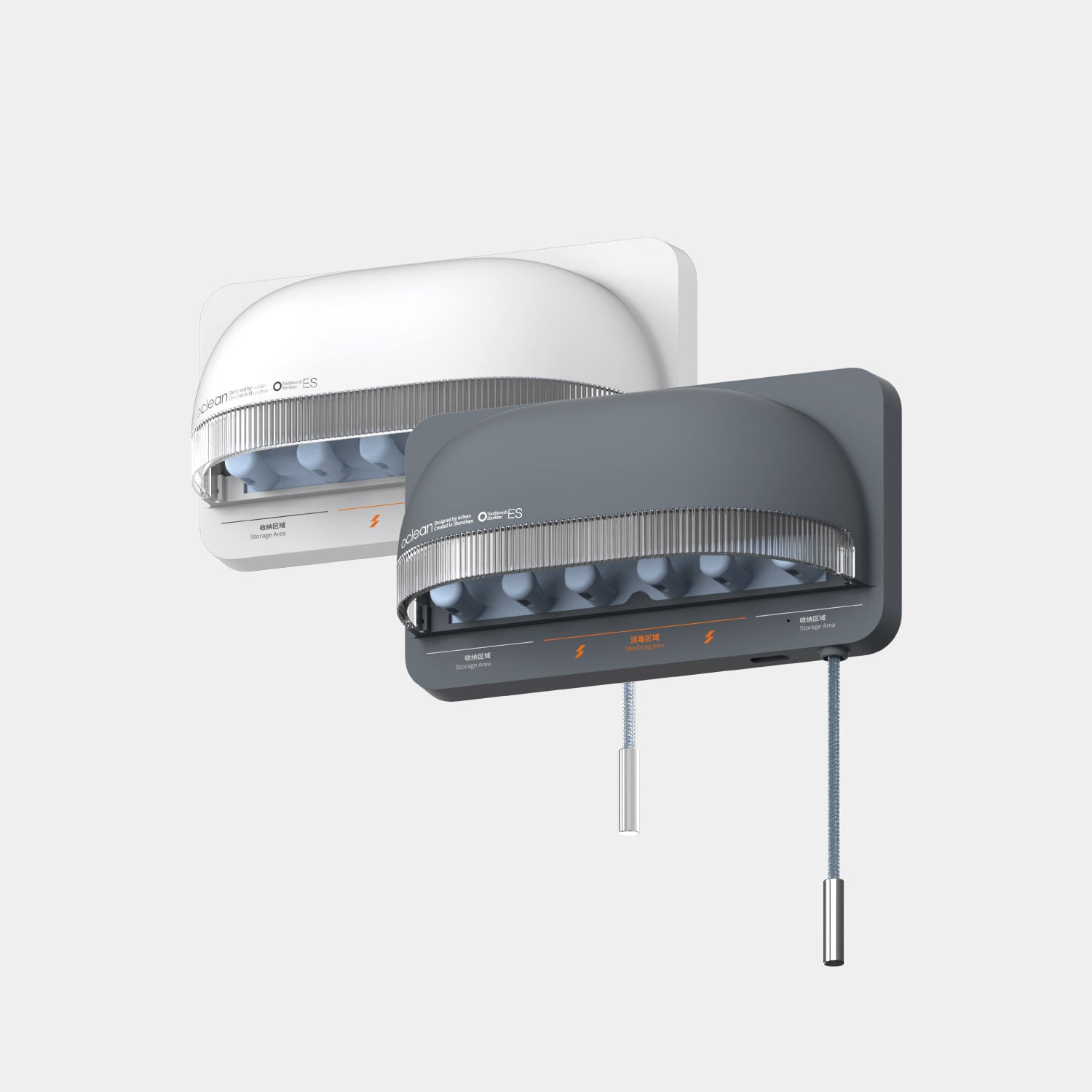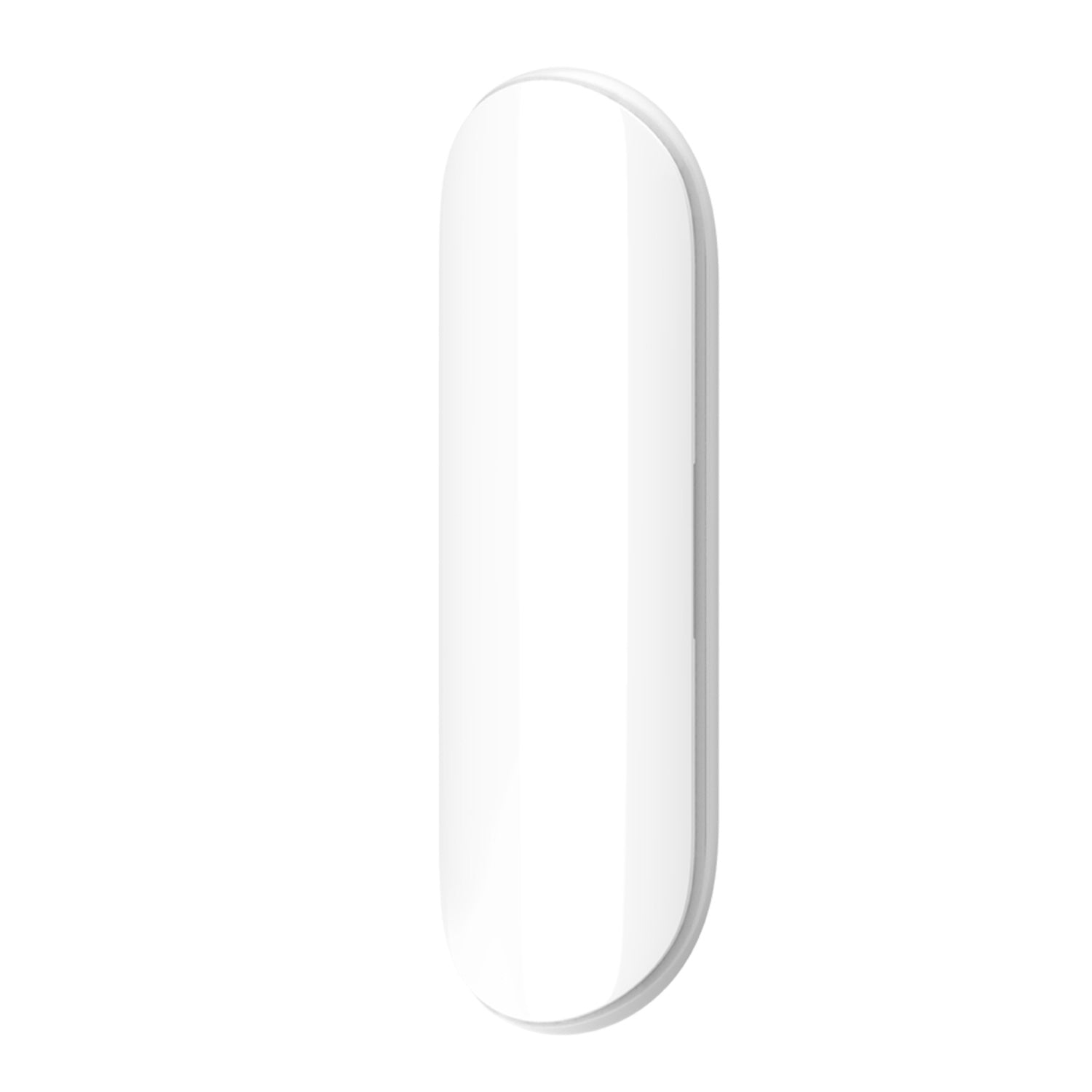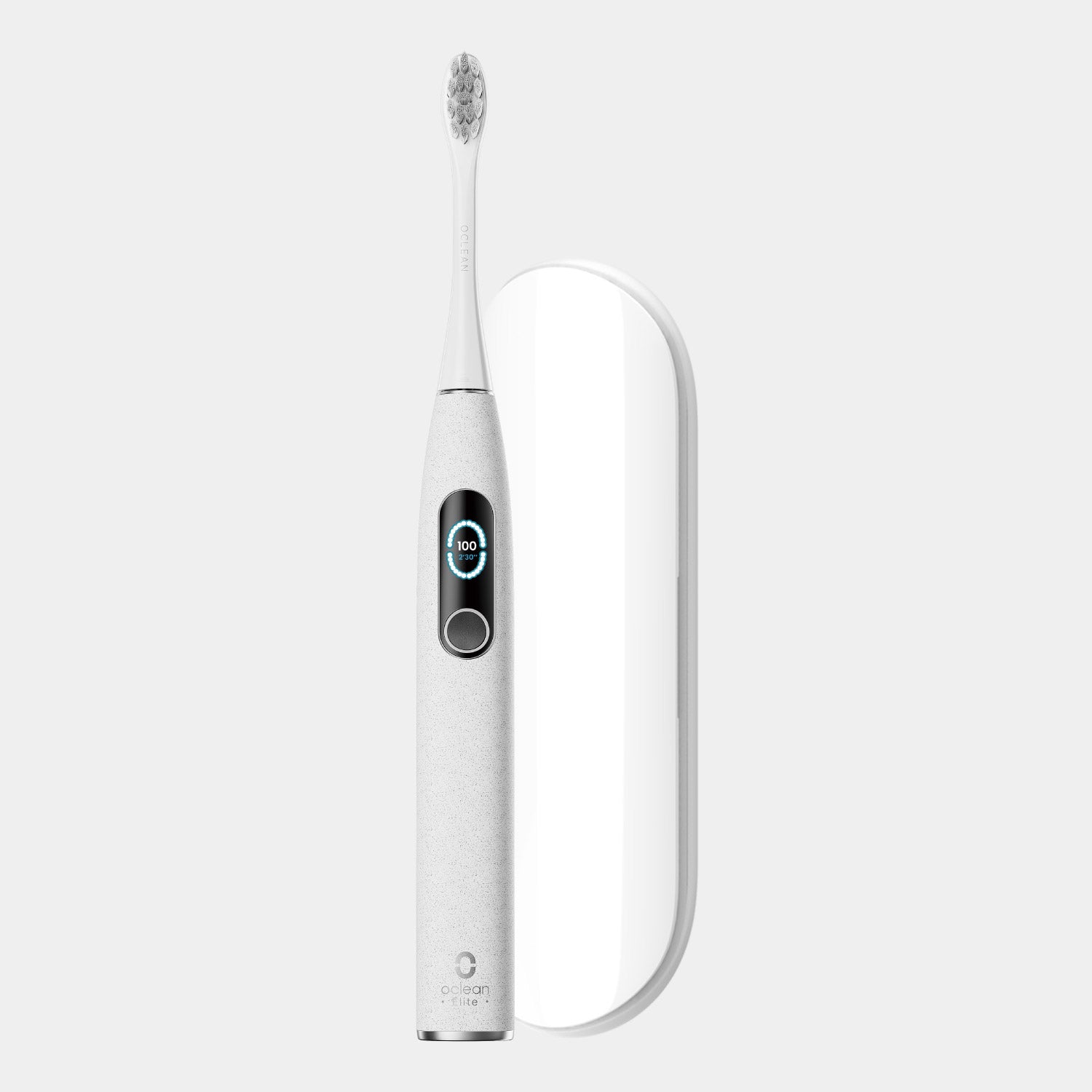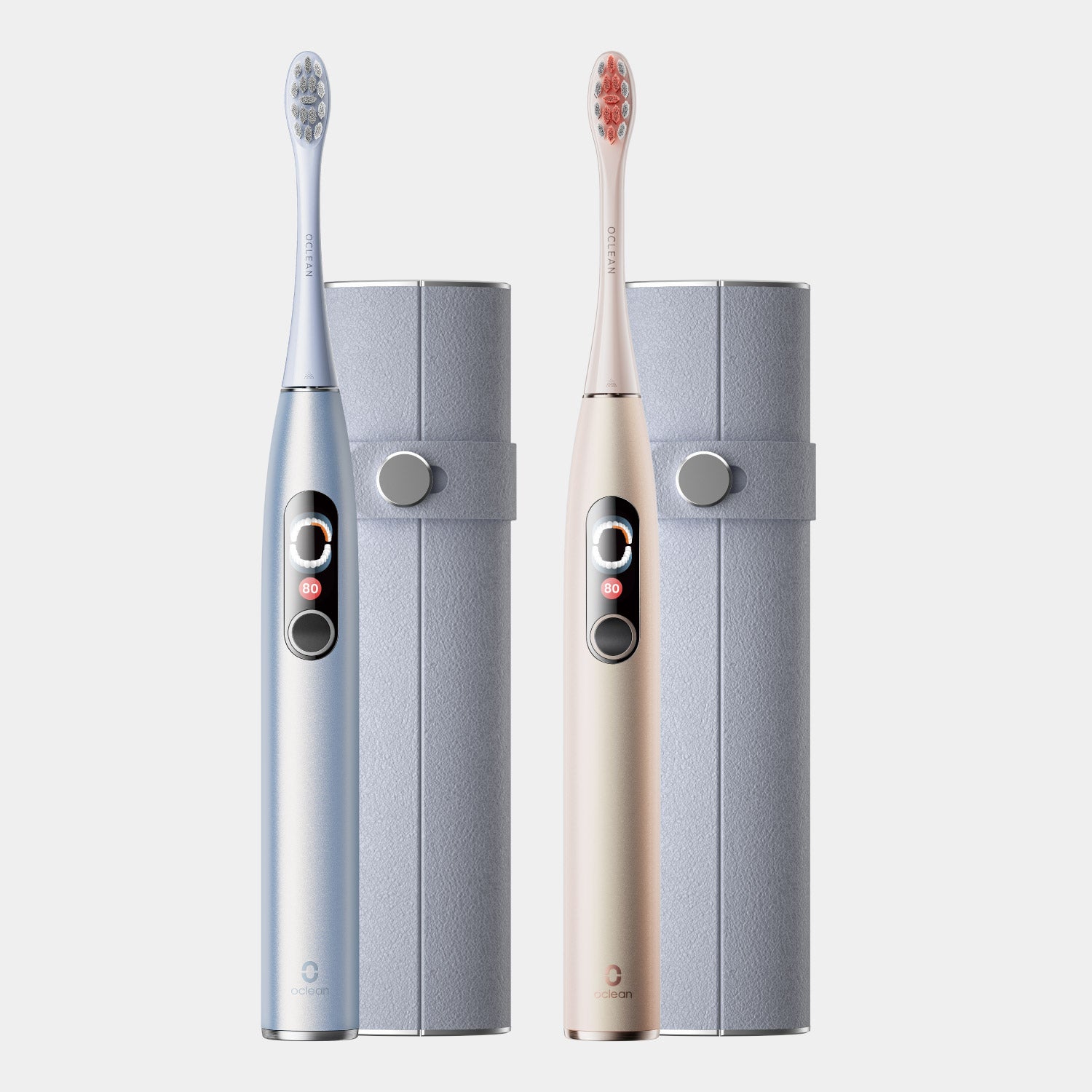Tooth extraction is a common dental procedure, and it's crucial to follow proper aftercare to ensure a smooth recovery. Many individuals have questions about when they can resume their oral care routine, including using mouthwash, after a tooth extraction. Here, we will address these queries and provide essential information on post-extraction care.
Understanding Mouthwash:
Mouthwash is a popular oral hygiene product that helps freshen breath and maintain oral health. Over-the-counter (OTC) mouthwashes often contain ingredients like alcohol to combat bad breath, while medicated mouthwashes may contain antiseptics that help eliminate germs and reduce plaque and tooth decay. However, it's important to note that while mouthwash can be a valuable addition to your oral care routine, it cannot replace the necessity of regular brushing and flossing.
Now, let's address the question: "When can I use mouthwash after tooth extraction?"
Using Mouthwash After Tooth Extraction:
After a tooth extraction, the healing process is critical, and certain precautions should be taken to prevent complications. Your dentist will provide specific post-operative instructions to follow for a smooth recovery.
Here are some key considerations regarding the use of mouthwash after tooth extraction:
1.Wait for 48 Hours: In most cases, it is advisable to wait for 48 hours (two days) after a tooth extraction before using any mouthwash. This waiting period allows the initial stages of healing to take place and minimizes the risk of complications. It's essential to follow your dentist's guidance regarding the exact timing.
2.Use Medicated Mouthwash: When you do start using mouthwash after tooth extraction, opt for a medicated mouthwash with antiseptic properties as recommended by your dentist. These mouthwashes can aid in maintaining oral hygiene and reducing the risk of infection.
3.Avoid Alcohol-Based Mouthwash: While medicated mouthwashes can be beneficial, it's crucial to steer clear of alcohol-based mouthwash during the initial healing phase. Alcohol can irritate the extraction site and hinder the healing process. Always choose an alcohol-free mouthwash.
4.Follow Your Dentist's Recommendations: Every individual's healing process may vary, and specific instructions from your dentist should take precedence. They may provide personalized guidance on when and how to incorporate mouthwash into your post-extraction oral care routine.
Additional Post-Extraction Care Tips:
To ensure a successful recovery after a tooth extraction, consider these additional care tips:
- Proper Brushing: Resume gentle brushing with a soft-bristle toothbrush after 24 hours of the extraction. Be extremely cautious around the extraction site to avoid disturbing the healing process.
- Rinsing with Saline Water: In the initial 24 hours after the extraction, you can gently rinse your mouth with lukewarm saline water to aid in cleaning and healing.
- Avoid Irritation: Refrain from using straws and consuming very hot or cold foods and beverages during the healing period to prevent irritation to the extraction site.
- Oral Hygiene: Maintain good oral hygiene by adhering to your dentist's recommendations for brushing, flossing, and using mouthwash as the healing progresses.
In summary, you can use mouthwash after a tooth extraction, but it's essential to wait for at least 48 hours and choose an alcohol-free, medicated mouthwash as recommended by your dentist. Always follow your dentist's specific instructions for post-extraction care to ensure a smooth and complication-free recovery. Additionally, maintain gentle brushing and other oral hygiene practices to promote overall oral health during the healing process.
Meet Your New Best Friend - Oclean:
Explore our extensive range of electric toothbrushes, featuring a perfect blend of technology and innovation. Oclean has been recognized as the No. 1 brand by numerous renowned dentists worldwide. Upgrade your oral care routine with Oclean today!


